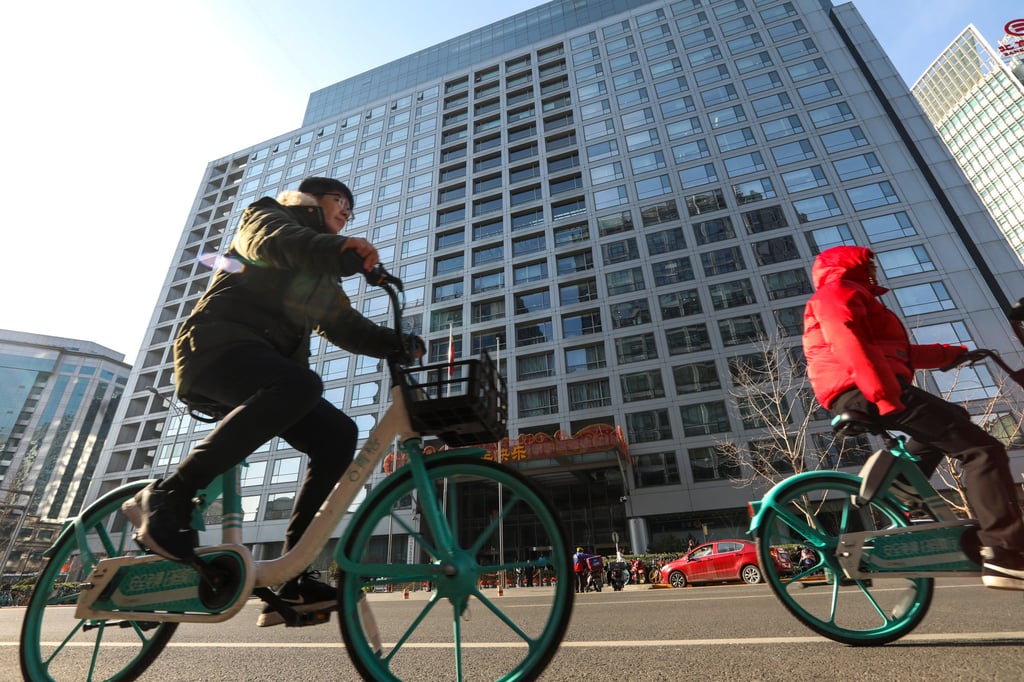Euphoria over China’s SOEs, AI inflate price gap for stocks listed on mainland and Hong Kong bourses to 5-month high
- The A-shares of 150 dual-listed companies commanded a 42 per cent premium over their H-share counterparts this month, versus a 10-year average of 26 per cent
- Among the biggest discrepancies, the yuan-denominated stock of China Life Insurance is almost three times as expensive as its Hong Kong stock

The pricing gap between the mainland China-listed and Hong Kong-listed shares of 150 dual-listed companies has ballooned to the highest level in five months as a frenzy over revaluation of China’s state-owned enterprises (SOEs) inflates yuan-traded shares.
Overseas traders remain wary of buying into Chinese SOEs due to concerns about escalating tensions between Beijing and Washington, but onshore investors believe the stocks will benefit from policy tailwinds.
Yi Huiman, the chairman of the China Securities Regulatory Commission (CSRC), said in November that China’s listed SEOs were undervalued and called for a new methodology to value the stocks. The regulator of the state-owned assets, which is in charge of the central SOEs, also pledged in a government work report this year to improve efficiency and benchmark SOEs against the world’s top companies.

